Antithesis
 Expermental Media Series Night Two goes down tonight at 7. Antithesis (to Cornelius's thesis?) is curated by Djakarta at Corcoran's Hammer Auditorium. Worth the Holly Boss performance alone. More details at dcist.
Expermental Media Series Night Two goes down tonight at 7. Antithesis (to Cornelius's thesis?) is curated by Djakarta at Corcoran's Hammer Auditorium. Worth the Holly Boss performance alone. More details at dcist.
boy-man challenges mild-mannered dc art scene. requests job and places to art.
 Expermental Media Series Night Two goes down tonight at 7. Antithesis (to Cornelius's thesis?) is curated by Djakarta at Corcoran's Hammer Auditorium. Worth the Holly Boss performance alone. More details at dcist.
Expermental Media Series Night Two goes down tonight at 7. Antithesis (to Cornelius's thesis?) is curated by Djakarta at Corcoran's Hammer Auditorium. Worth the Holly Boss performance alone. More details at dcist.









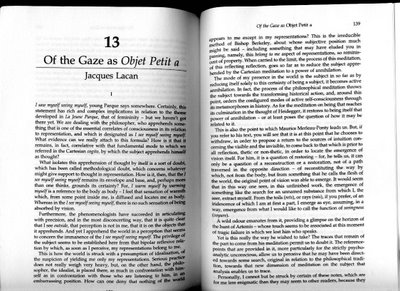
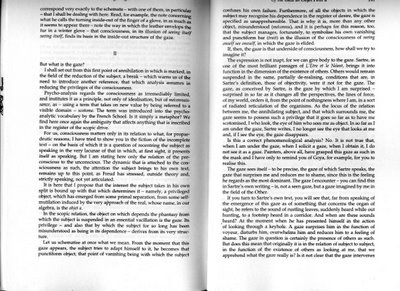
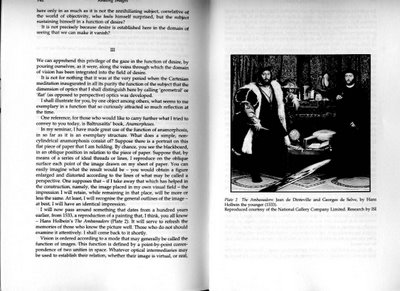
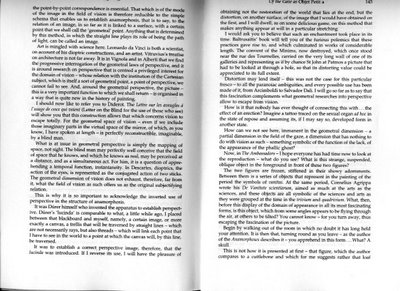
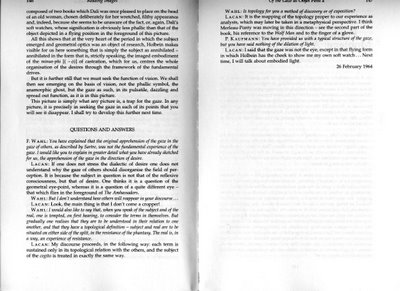
 I never liked the flaming lips until I heard soft bulletin. Before that it was slanted punk--"we had the passion but we were amateur," lead Wayne Coyne explains Thursday on NPR.
I never liked the flaming lips until I heard soft bulletin. Before that it was slanted punk--"we had the passion but we were amateur," lead Wayne Coyne explains Thursday on NPR.


The song "Roses and Teeth for Ludwig Wittgenstein" is based around a single paragraph from the his text "Philosophical Investigations". For those who would like to sing along, the text appears in part II, chapter eleven, and runs as follows:
"A new born child has no teeth." "A goose has no teeth." "A rose has no teeth." This last at any rate- one would like to say- is obviously true! It is even surer that a goose has none. - And yet it is none so clear. For where should a rose's teeth have been? The goose has none in its jaw. And neither, of course, has it any in its wings; but no one means that when he says it has no teeth.- Why, suppose one were to say: the cow chews its food and then dungs the rose with it, so the rose has teeth in the mouth of a beast. This would not be absurd, because one has no notion in advance where to look for teeth in a rose. ((Connexion with 'pain in someone else's body'.))
....In order to animate the scenario described in Wittgenstein's text, we went to a working farm in Sebastopol, California and recorded the sound of cows eating, and of cow manure being shovelled onto roses. Back at the studio, we recorded the sound of fresh roses swinging through the air, and built rhythms out of the sound of dried roses being scraped, shaken, and crushed. In order to create the crispier percussive noises, Erika Clowes loaned us her wisdom teeth (extracted and dried) and we clicked and grinded them against each other. We also sampled noises made by the teeth of cows, goats, sharks, and beavers.
